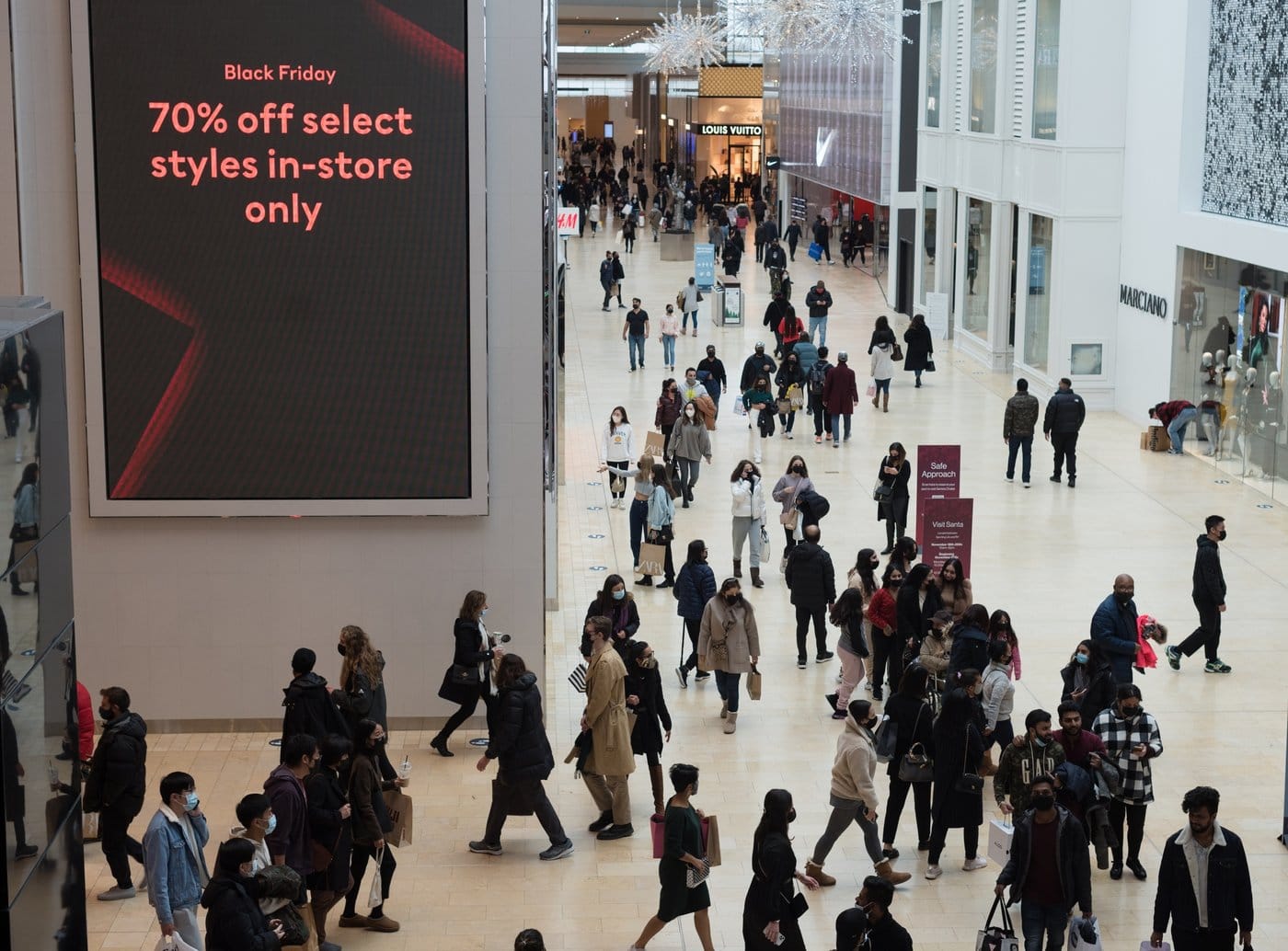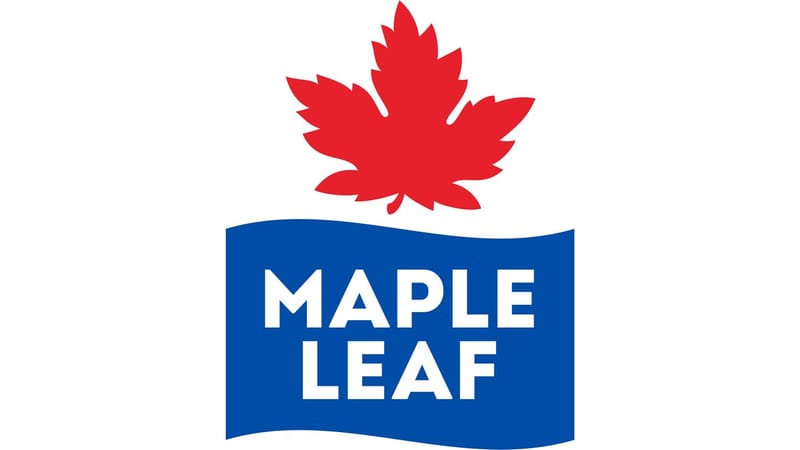Shorter holiday shopping season ups pressure on retailers and consumers
“But retailers will still panic during the holiday season and use the shorter period as an excuse for poor sales.”

Canadians hoping to kick off their holiday shopping with Black Friday will have less time to shop this year, with five fewer days between Black Friday on November 29 and Christmas Eve due to the later timing of U.S. Thanksgiving.
Experts predict that this shorter shopping window will impact how retailers market their products and increase pressure on consumers to make their holiday purchases earlier.
Tandy Thomas, the E. Marie Shantz Fellow of Marketing at Queen's University, explained in an email, "With five fewer days between Black Friday and Christmas, we can expect retailers to do everything they can to get consumers into stores sooner."
Retailers have already begun offering pre-Black Friday deals. Before Halloween, stores like Costco, Dollarama, and Winners were already stocking holiday merchandise, and some retailers had even begun releasing Black Friday flyers or running month-long promotions.
TJ Flood, president of Canadian Tire Corp.'s retail business, noted that the shift in Black Friday's timing has forced retailers to adjust their marketing strategies. “It creates an environment where we have to rethink our campaigns, both leading up to Black Friday and in the sprint between Black Friday and Christmas,” he said during the company’s earnings call.
Spin Master Corp., the Toronto-based toymaker, also recognized the need to adjust its marketing timeline. CEO Max Rangel explained that the timing of U.S. election campaigns and Black Friday led the company to push some of its marketing efforts to focus on when consumer intent is at its peak.
A survey by the Retail Council of Canada and Leger, conducted over the summer and fall, found that 26% of consumers wouldn’t start holiday shopping until Black Friday or after. For 84% of respondents, Black Friday remains the top shopping day, followed by Cyber Monday/Week at 65%.
Santo Ligotti, vice president of marketing at the Retail Council of Canada, argued that the timing of the holidays may not be as impactful for retailers. “When the holiday is later, I don’t think it affects them as much because people are shopping earlier, and retailers are offering discounts year-round,” he said.
The survey also revealed that some consumers began shopping as early as October, while others planned to start in November. Despite this, Ligotti believes that Black Friday’s importance may have diminished. “In 2023, the busiest shopping day was Christmas Eve,” he said. “I’m not sure Black Friday is the same 'do-or-die' event it once was.”
Nevertheless, Black Friday is still significant. According to the Retail Council survey, the average respondent expects to spend $972 on holiday shopping, an 8% increase from last year, with 40% of that spending occurring on Black Friday and 36% during Cyber Monday/Week.
Queen’s University’s Tandy Thomas warned that the shortened shopping period could lead to rushed decisions and higher likelihoods of overspending or purchasing unnecessary items.
However, Liza Amlani, co-founder of the Retail Strategy Group, argued that shoppers will have more choices than ever and that the shortened shopping window likely won't impact customers.
Amlani also predicted that underperforming retailers might blame the shorter shopping period for missing their sales targets. “Retailers plan their assortments a year in advance, so having five fewer days to sell products is not new for them,” she said. “But retailers will still panic during the holiday season and use the shorter period as an excuse for poor sales.”




